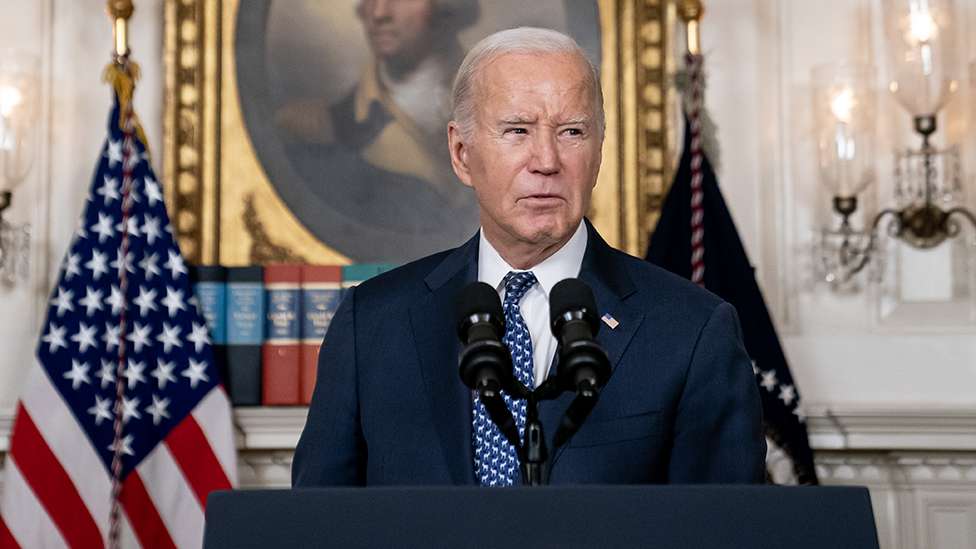Spain’s Congress has approved the government’s contentious Catalan amnesty law, which has now overcome its final parliamentary hurdle ahead of its implementation.
The law seeks to withdraw pending legal action against Catalan nationalists for separatist activities, including a 2017 referendum and failed independence bid.
The law received the backing of a narrow majority, with 177 lawmakers voting in favour and 172 voting against.
The amnesty law has spent six months in parliament since the Socialist Party (PSOE) of the prime minister, Pedro Sánchez, presented it.
It was approved in a preliminary congressional vote in March, before going to the opposition-controlled Senate, which delayed the bill’s passage but was unable to block it altogether.
Once the law is published in the official gazette, judges will have two months in which to apply it. It could still face legal appeals but they are not expected to hinder its implementation.
The amnesty is expected to benefit nearly 400 Catalan nationalists who have been facing legal action since November 2011. Many of them were involved in the organisation of an independence referendum in 2017 which was deemed illegal. Police who have been facing prosecution for attacking voters during the referendum will also benefit from the law.
However, the most high-profile and controversial beneficiary is Carles Puigdemont, the former president of Catalonia who led the 2017 secession drive before going into self-exile in Belgium, where he has resided ever since while evading extradition. Several other pro-independence politicians also left the country.
Mr Puigdemont’s Together for Catalonia (JxCat) party and the Catalan Republican Left (ERC) demanded the amnesty from Mr Sánchez in exchange for their parliamentary support for his coalition government.
Mr Puigdemont has said he intends to return to Spain for an investiture vote in the region’s parliament, which is likely to take place in June. He ran as the lead candidate for JxCat in a recent Catalan election, coming second to the Catalan Socialist Party (PSC). Although the former regional president has said he intends to form a government, he does not appear to have enough support to do so.
“This is not clemency, it is a necessary redress. Today we have won a battle, but the conflict isn’t over,” said Miriam Nogueras of JxCat party.
The PSOE and their coalition partner, Sumar, voted in favour of the law, along with JxCat, ERC, the pro-independence Basque EH Bildu coalition, the Basque Nationalist Party (PNV), the Galician Nationalist Bloc (BNG) and the far-left Podemos.
The conservative People’s Party (PP) and the far-right Vox voted against it, along with conservatives from Navarre and the Canary Islands.
In a tense and often vitriolic parliamentary session, the leader of the PP, Alberto Núñez Feijóo, said the amnesty represented “political corruption”. The opposition has argued that the law gives preferential treatment to Catalans and that Mr Sánchez only presented it in order to ensure his own political survival.
Artemi Rallo, of the PSOE, said that the law, and a government pardon of nine jailed independence leaders in 2022, had “normalised politics in Catalonia.”








